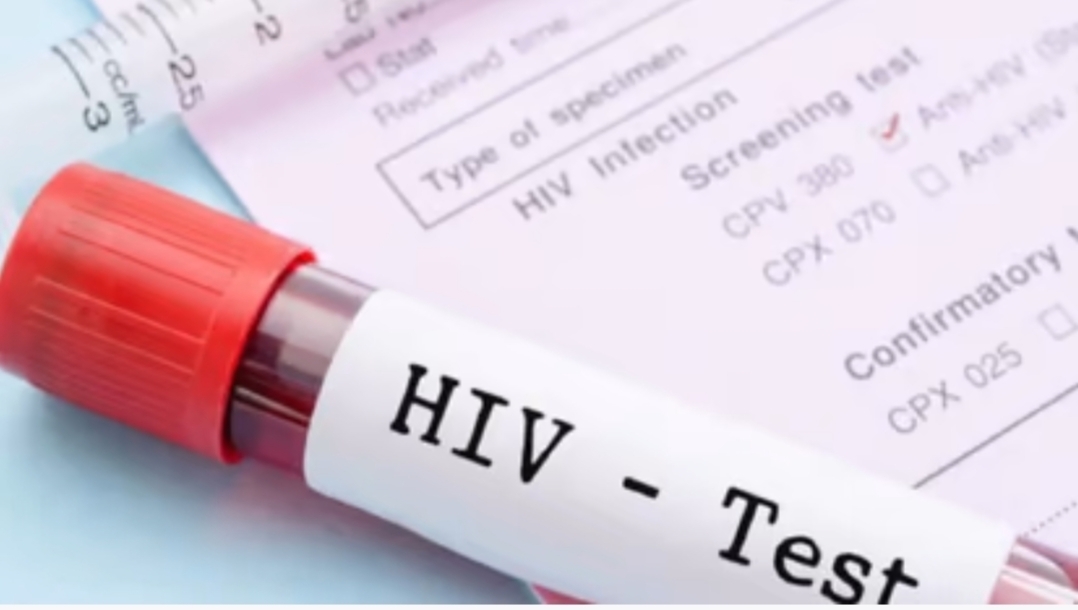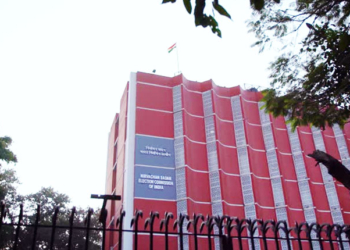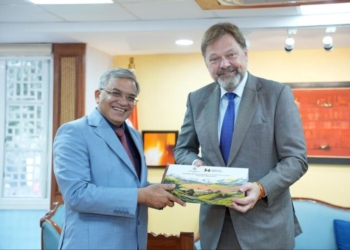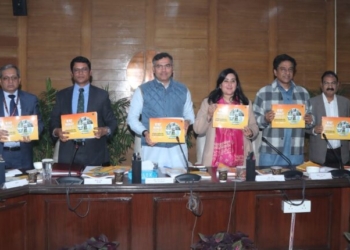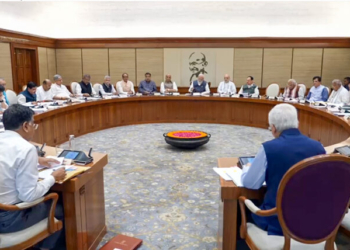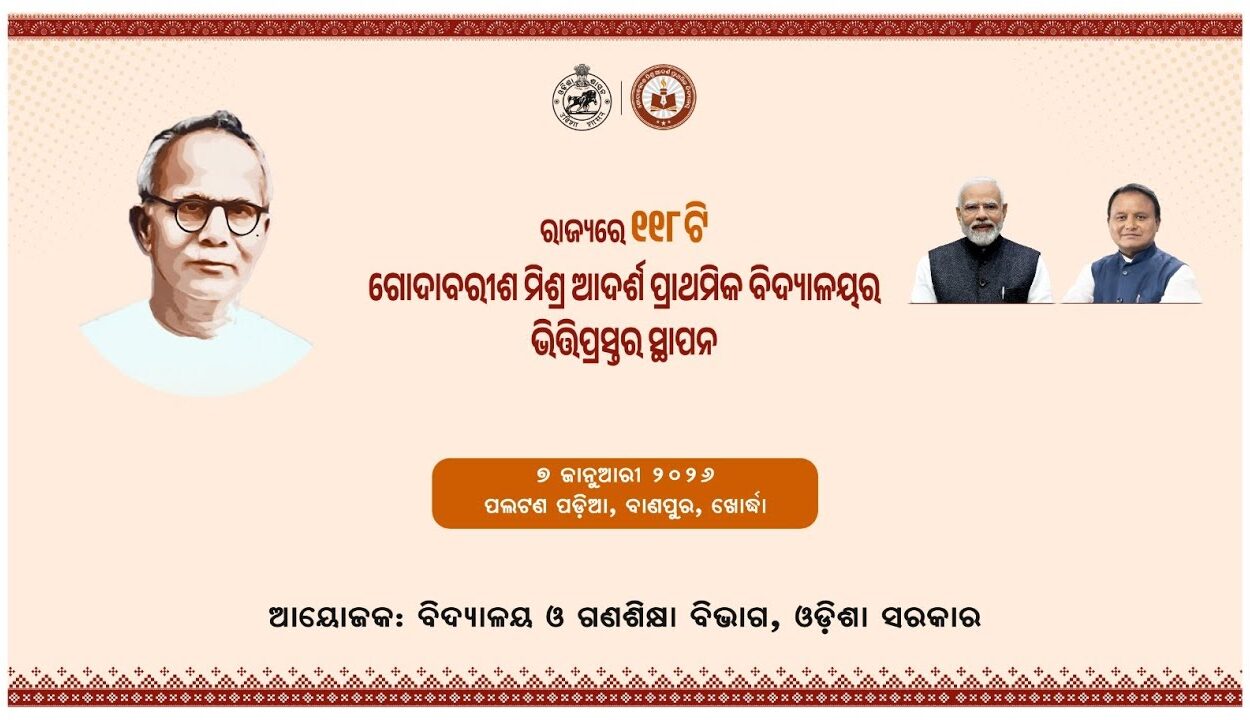New Delhi: HIV self-testing is proving to be a revolutionary tool in Mizoram’s fight against HIV/AIDS, offering a more private, convenient and effective means of diagnosis, the Health Ministry said on Tuesday.
Mizoram has been dabbling with the problem of being the state with the highest HIV prevalence in India, with a significant portion of the affected population being young adults.
The primary modes of transmission have been identified as unprotected sex and intravenous drug use.
Despite awareness campaigns, many individuals remain hesitant to get tested, leading to delayed diagnoses and an increased risk of transmission.
“Hence, a new approach was necessary—one that could empower individuals to take control of their health without fear of stigma or logistical challenges. This is where HIV self-testing has proven to be a game-changer,” said the ministry.
HIV self-testing allows individuals to test themselves in the privacy of their homes using easy-to-use kits. These kits typically involve collecting a saliva or blood sample and obtaining results within minutes.
This approach has been successfully implemented in several countries, and its introduction in Mizoram has sparked hope in the fight against HIV.
“The success of HIV self-testing in Mizoram offers a valuable blueprint for other states facing similar challenges. If scaled up properly, HIVST can transform HIV prevention strategies across India, particularly in regions with high infection rates and limited healthcare access,” the ministry emphasised.
Tailored public awareness campaigns focusing on localized issues and breaking down stigma through targeted messaging can be effective.
Leveraging digital health solutions by integrating HIVST with mobile apps and telehealth services for counseling and follow-up support can improve accessibility.
Public-private partnerships can play a crucial role in expanding reach and availability by collaborating with private healthcare providers and NGOs, the ministry emphasised.
The Central government has been actively working to combat the HIV/AIDS epidemic through various initiatives.
One of the most significant efforts is the National AIDS and STD Control Programme (NACP) Phase-V, a Central Sector Scheme fully funded by the government with an outlay of Rs 15,471.94 crore.
The programme extends the national AIDS and STD response till the Financial Year 2025-26 and aligns with the United Nations’ Sustainable Development Goals (SDG) 3.3, which aims to end the HIV/AIDS epidemic as a public health threat by 2030.
(IANS)




